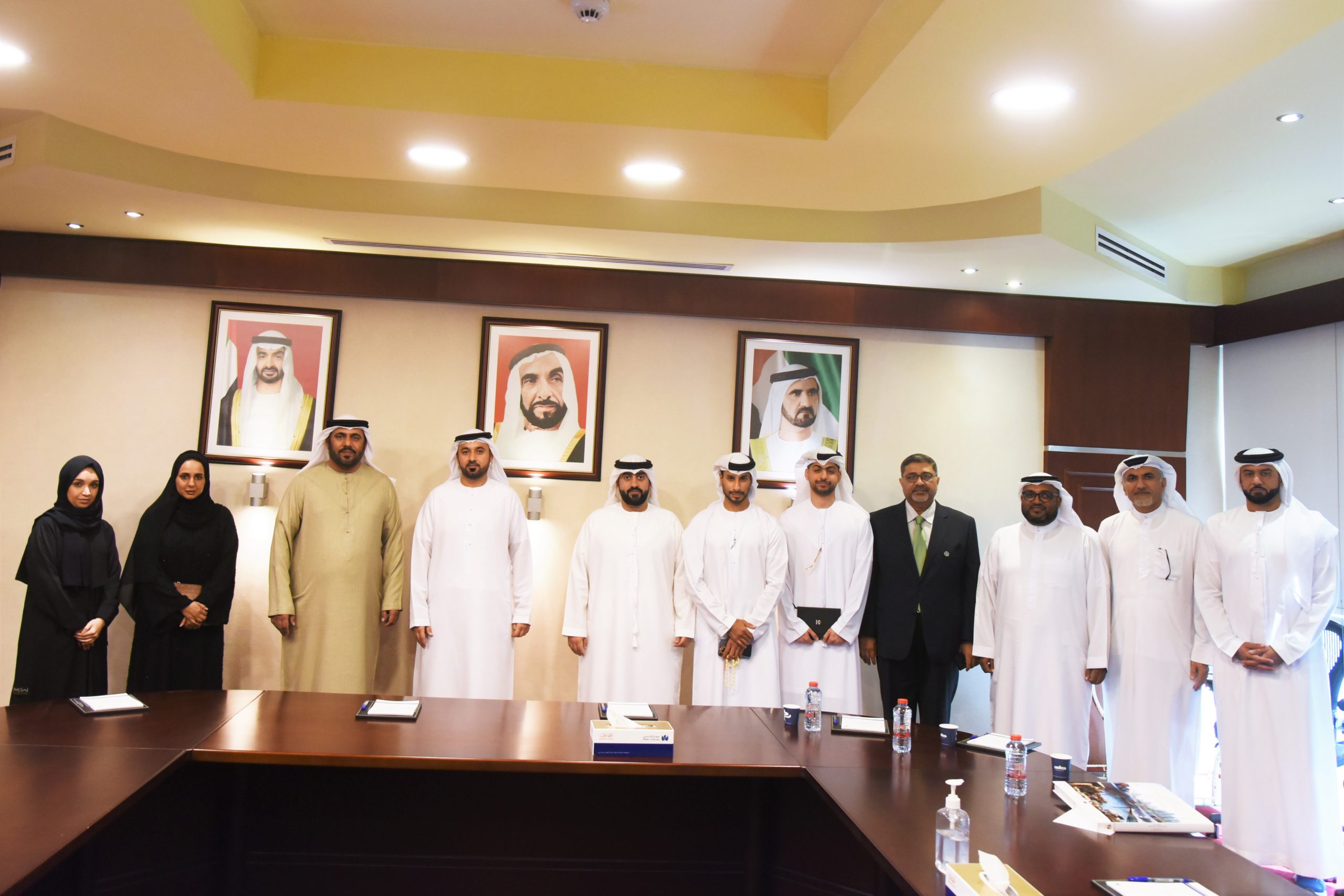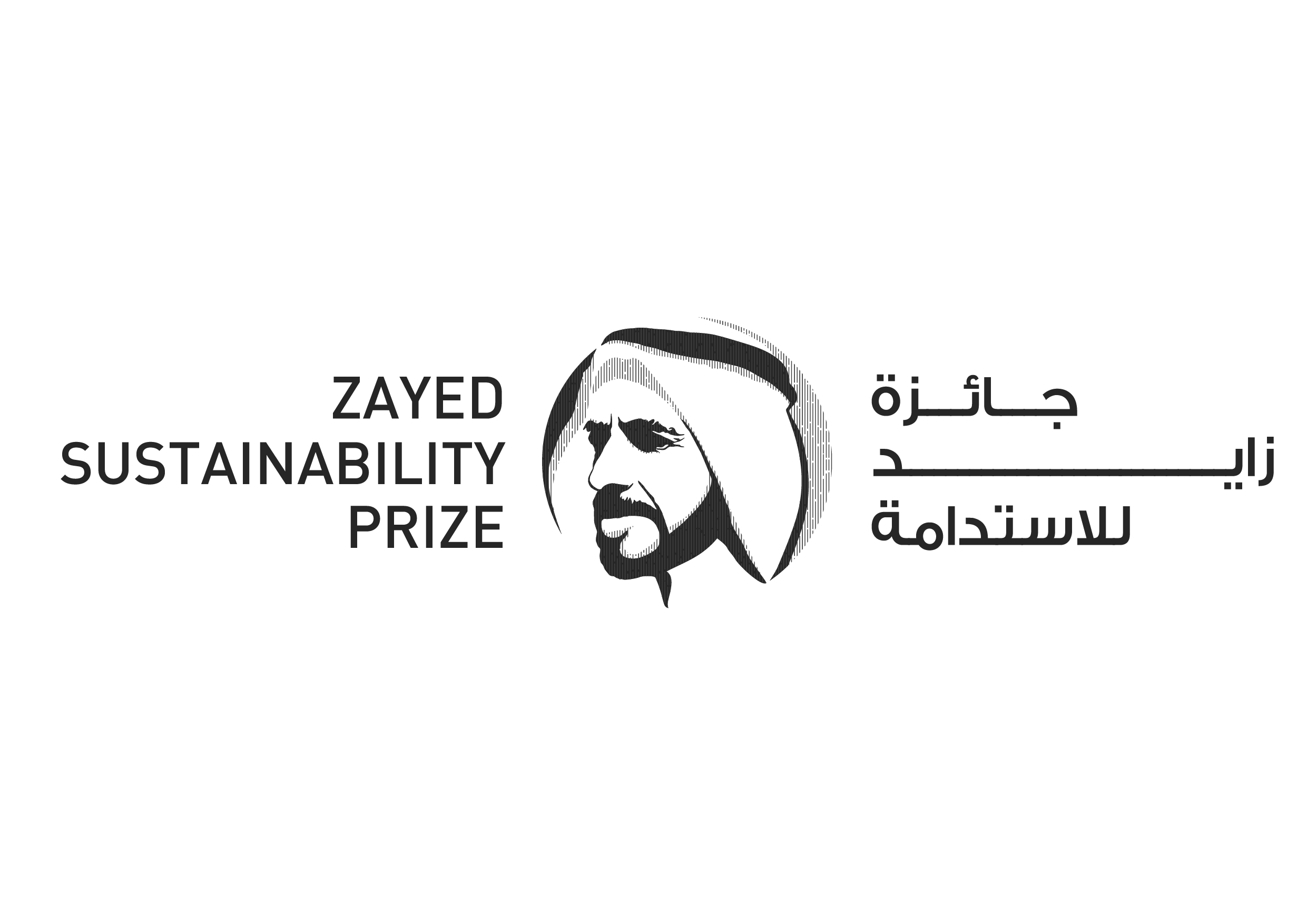SEATTLE, 13th September, 2023 (WAM) — The Bill & Melinda Gates Foundation today released its seventh annual Goalkeepers Report, describing where the world has collectively fallen short at the halfway point for achieving the United Nations Sustainable Development Goals (SDGs), and where innovation and investment can fuel progress, particularly in the fight against the global epidemic of maternal and child mortality.
Co-authored by foundation Co-chairs Melinda French Gates and Bill Gates, the report highlights new data that shows the potential of scaling up global access to seven innovations and practices that address the leading causes of maternal and newborn deaths.
“By making new innovations accessible to those who need them most, 2 million additional lives could be saved by 2030, and 6.4 million lives by 2040. That’s 2 million families spared an unimaginable heartbreak—and 2 million more people who can shape and enrich our world," they write.
Since 2016, progress in reducing global maternal mortality has stalled, and in some countries—including the United States—death rates have risen steadily. Across the world, nearly 800 women die in childbirth every day. Though deaths of children under 5 have continued to decline since the mid-2010s, the first month of a newborn’s life continues to be the most dangerous, accounting for almost half of all under-5 deaths today. An estimated 74 percent of child deaths happen during a baby’s first year.
In respective essays, French Gates and Gates acknowledge the global efforts between 2000 and 2015 that significantly improved the health of mothers and babies but point out that progress has stalled since COVID-19 hit. They explain how the discovery of revolutionary information about maternal and child health in the last 10 years led to low-cost and easy-to-implement innovations and practices that prevent and treat deadly childbirth complications such as post-partum hemorrhaging, infections, and maternal anemia. They call for immediate action to help put the world back on track to achieve the global goal of cutting the maternal mortality rate to less than 70 out of 100,000 births and newborn mortality to 12 deaths per 1,000 live births by 2030.
“As is so often the case in global health, innovations aren’t making their way to the people who need them most—women in low-income countries, as well as Black and Indigenous women in high-income countries like the United States, who are dying at three times the rate of white women. That needs to change,” writes French Gates. “We have seen over and over again that when countries actually prioritise and invest in women’s health, they unleash a powerful engine for progress that can reduce poverty, advance gender equality, and build resilient economies.”
“Over the past decade, the field of child health has advanced faster and farther than I thought I’d see in my lifetime,” said Bill Gates. “If our delivery can keep pace with our learning—if researchers can continue developing new innovations and skilled health workers can get them to every mother and child who needs them—then more babies will survive those crucial first days.”
Many of the life-saving innovations and practices highlighted in the report can be delivered by midwives and birth attendants in communities. They include:
1. A bundle of interventions that can reduce postpartum haemorrhage, the No. 1 cause of maternal death, by 60 percent for less than US$1 per package.
2. Bifidobacteria (B. Infantis), a new probiotic supplement that, when given to an infant alongside breastmilk, combats malnutrition—one of the leading causes of newborn deaths.
3. Multiple micronutrient supplements (MMS) that boost survival rates for babies by helping replete nutrient stores in pregnant women and ensuring those vital nutrients are transferred to the baby.
4. A new one-time infusion of IV iron for women that replenishes iron reserves during pregnancy, protecting against and treating anaemia, a condition that is both a cause and effect of postpartum haemorrhage and affects almost 37 percent of pregnant women.
5. Antenatal corticosteroids (ACS), which are given to women who will give birth prematurely to accelerate fetal lung growth, providing several weeks of maturation in just a few days.
6. Azithromycin, which reduces maternal infections during pregnancy and prevents infections from spiraling into sepsis—the cause of 23 percent of maternal deaths in the United States—and reduces mortality when given to infants in high-mortality settings.
7. An AI-enabled portable ultrasound that empowers nurses and midwives to monitor high-risk pregnancies in low-resource settings to ensure that risks are diagnosed and addressed early.
Halfway to the deadline for the SDGs, the Goalkeepers Report shows that on 18 indicators—from poverty to gender equality, education to food security, health to climate—the world is off track. It underscores the urgent need for action, as well as a renewed global commitment to ensure a more equitable and safe future for all by 2030. For mothers and babies, having access to the quality health care they need to live long and healthy lives will require policy changes, political will, and more investment in women’s health and health care workers, including midwives.
“The world has come so far, so quickly in our understanding of how to save the most fragile lives,” said Mark Suzman, CEO of the Gates Foundation. “Together, we can translate that knowledge into tangible progress—by supporting countries to access the highest-quality products known to save a mother’s and a baby’s life, by investing more in the research and development of new lifesaving tools and approaches, and by ensuring women have agency over their own health care throughout their entire journey to motherhood. The world can and must do more to achieve a healthier, more prosperous, and equal world.”

 World2 years ago
World2 years ago
 World2 years ago
World2 years ago
 Entertainment7 years ago
Entertainment7 years ago
 World7 years ago
World7 years ago
 Entertainment7 years ago
Entertainment7 years ago




